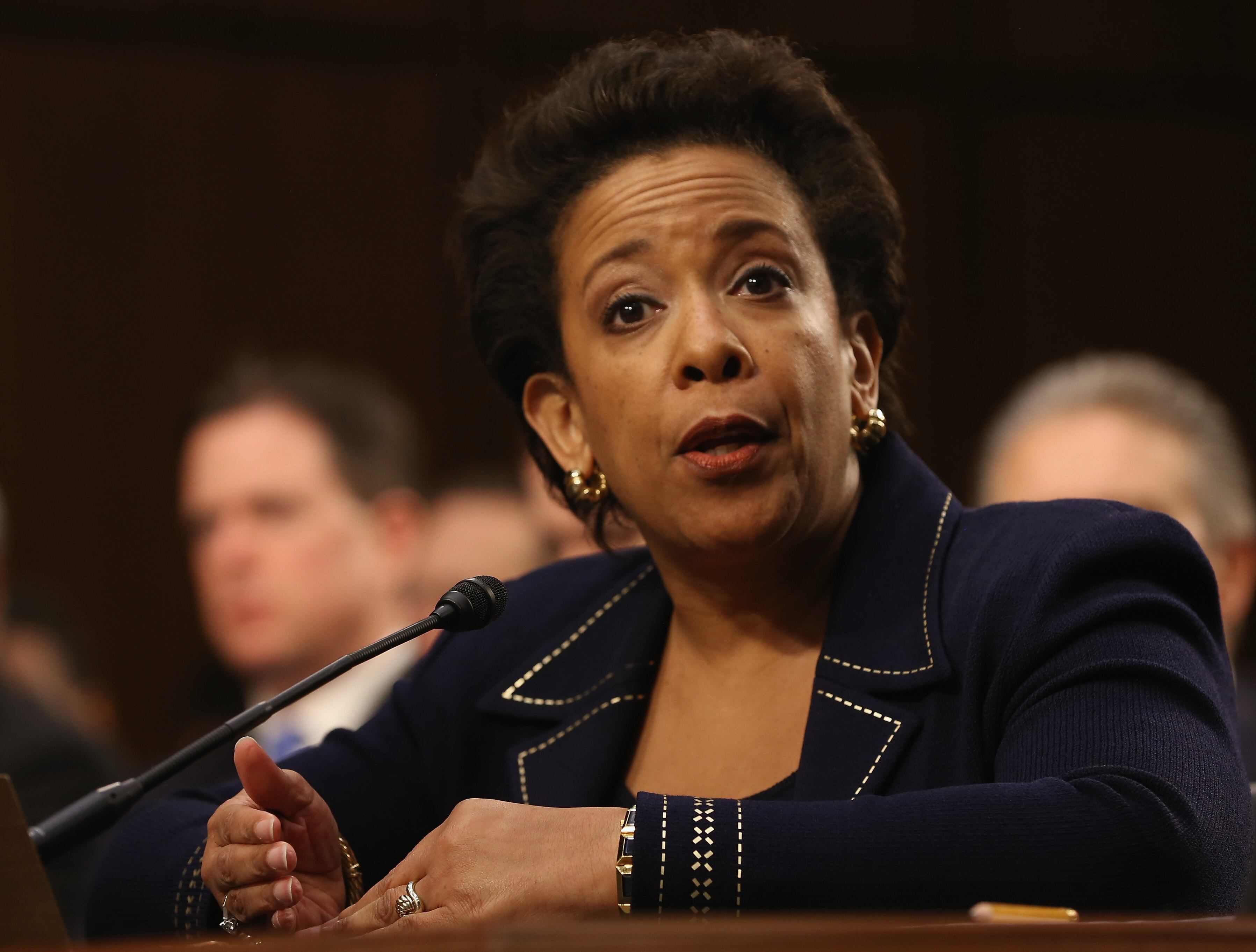No matter which way it goes, no one believes the current court (and public) battle between Apple and the FBI over access to an iPhone used by a terrorist involved in the San Bernardino shooting will be the end of the debate over encryption. So long as users want to keep data secure — whether from criminals, police or both — law enforcement will want ways to access that information in the name of rule-of-law.
In instances where companies can't comply — or won't do so in a timely manner — officials want access to tools that can circumvent strong encryption and grant law enforcement access to evidence. The Department of Justice expects to spend some $38 million next year developing such tools.
Attorney General Loretta Lynch stated such explicitly during a Feb. 24 hearing in front of the House Appropriations Committee, laying out the department's $29 billion share of the president's 2017 budget request.
Justice — which counts the FBI among its components — included in its budget request $38 million to research and develop encryption-breaking methods.
Lynch told the committee the department needs to create such tools to "lawfully access encrypted data and communications so that we can successfully investigate and prosecute criminals and terrorists who attempt to hide the evidence of their crimes."
The country's top lawyer made reference to the Apple-FBI case without mentioning it directly.
"As we have seen recently, this is not a theoretical issue," she said. "It's a long-standing principle in our justice system that if an independent judge finds reason to believe that a certain item contains evidence of a crime, then that judge can authorize the government to conduct a limited search for that evidence."
Having a cache of encryption-breaking tools will enable the FBI and Justice to do this faster, without having to wage a legal battle with each request.
In setting the stage for the department's budget request, Lynch placed the "going dark problem" alongside the top issues facing law enforcement.
"The president's budget would invest an additional $781 million in our national security capabilities – including in critical measures to address evolving challenges like homegrown extremism, online radicalization and increasingly sophisticated encryption," she testified.
Lynch's testimony comes on the same day two lawmakers — Sen. Mark Warner, D-Va., and Rep. Michael McCaul, R-Texas — announced a plan to create a bipartisan commission to recommend a legislative solution to the issue.
Aaron Boyd is an awarding-winning journalist currently serving as editor of Federal Times — a Washington, D.C. institution covering federal workforce and contracting for more than 50 years — and Fifth Domain — a news and information hub focused on cybersecurity and cyberwar from a civilian, military and international perspective.





